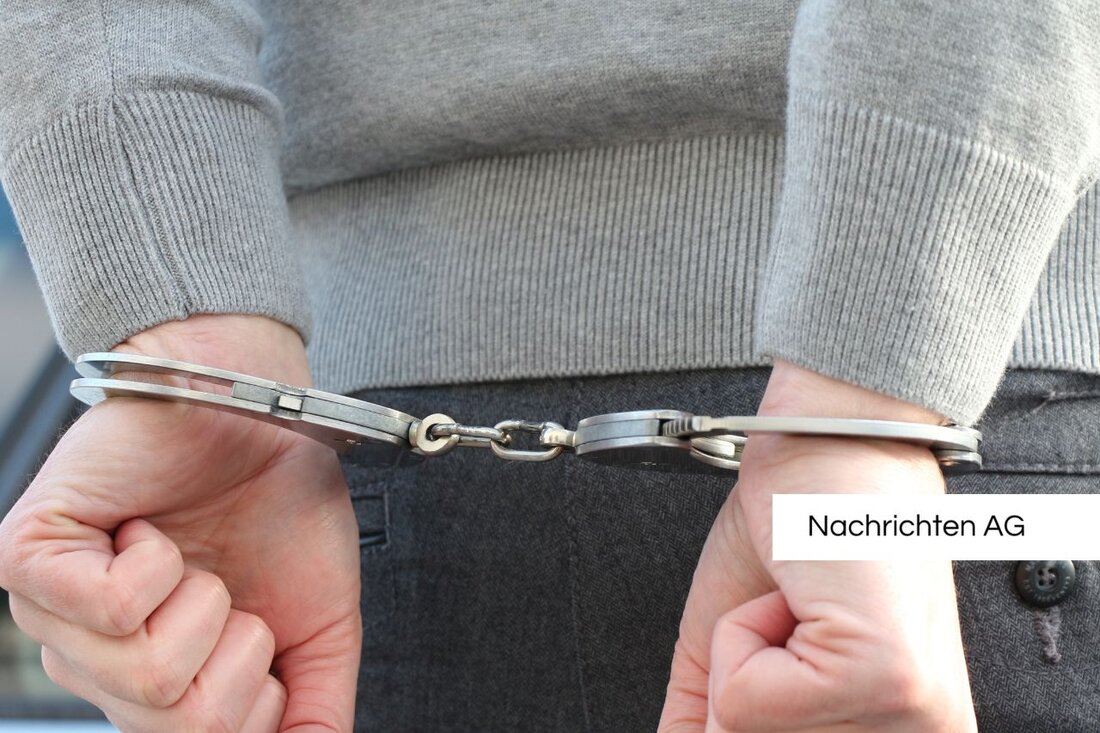Murder case in Burg: Four defendants released after 170 days!
An overview of the court process in Jerichower Land: charges, sentencing and future legal action after a violent crime.

Murder case in Burg: Four defendants released after 170 days!
On June 21, 2025, the Stendal Regional Court found in a sensational trial that four of five men accused in a murder case could not be convicted of communal manslaughter. The case, which caused a lot of excitement in the small town of Burg, began in March with the arrest of the suspects in November last year. However, these men, some of whom were minors at the time of the crime, were only charged with aiding and abetting bodily harm and coercion. This was reported by the news platform Day24.
The four men are now at large because the case against them was dropped. They were awarded a five-figure compensation amount, but they rejected it. The defendants had to pay the court costs themselves. The remaining defendant had already confessed to his crime in April, but emphasized that the killing was not his intention. His motive was to scare the 45-year-old victim, a Syrian who had cheated him out of 15,000 euros because he had employed him illegally to do cleaning work at train stations.
Legal aspects of the aid
As the legal framework shows, aiding and abetting within the meaning of Section 27 (1) of the Criminal Code is defined as supporting a perpetrator in committing a crime. The accomplice must intentionally support the main crime. In this case, it was found that the defendants played only a minor role and therefore did not bear full criminal responsibility for the victim's death. Aid can be physical or psychological and in many cases could also have a mitigating effect.
The legal basis for aid refers to specific requirements that must be met in order to be considered aid. For example, the assistance must be causal for the success of the main crime - in this case this was not the case, so the defendants were ultimately punished less severely. The remaining defendant is in a complicated situation because, driven by a feeling of injustice, he recognizes his crime, but nevertheless had no intention of taking the Syrian's life. Lawyers and the public are watching this case more closely than ever.
Statistical backgrounds
For a complete look at criminal proceedings, it is important to look at the statistical surveys carried out by BMJ be published. These statistics provide information about the extent and structure of known crime in Germany. Such data is essential for political discussion and the evaluation of legal measures. Such statistics also support the courts and provide a valuable resource for analyzing legal developments and trends in criminal law.
In summary, the case in Burg shows the relevance and complexity of aid and assistance in criminal law. Public perception fluctuates between empathy for the defendant's situation and the need for justice for the victim. A verdict is still pending and the debate about the role of the young perpetrators and the circumstances that led to this tragedy may continue for a long time.

 Suche
Suche
 Mein Konto
Mein Konto